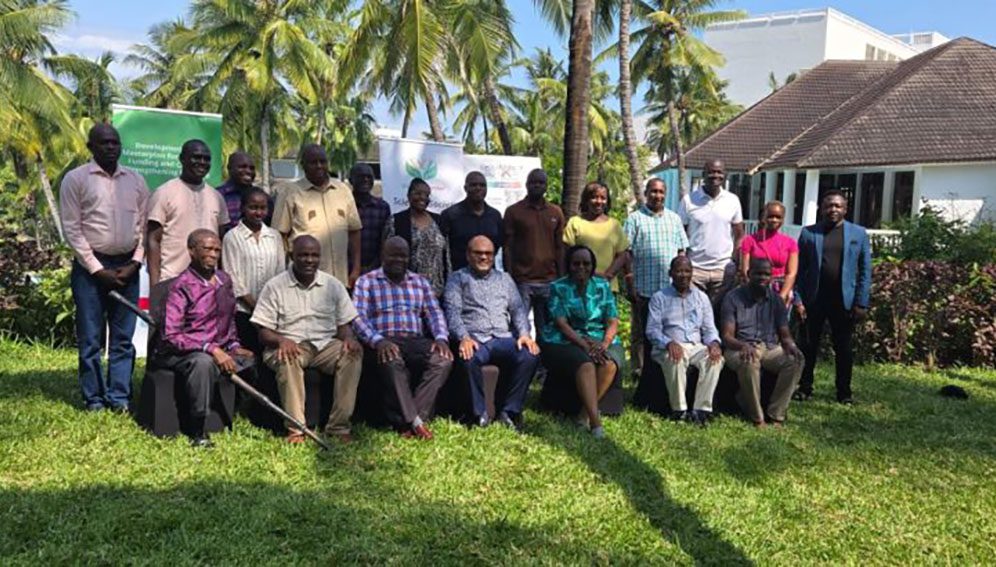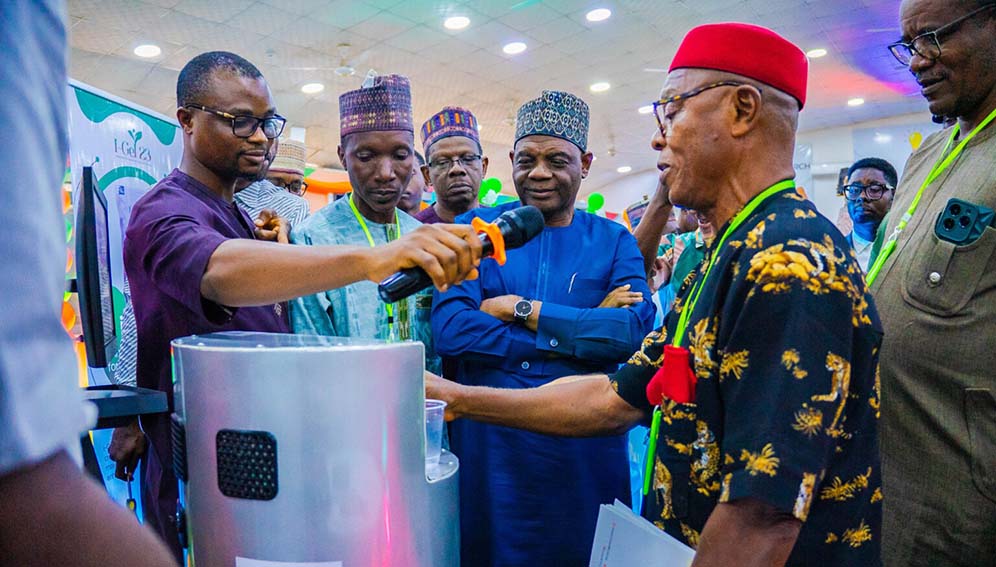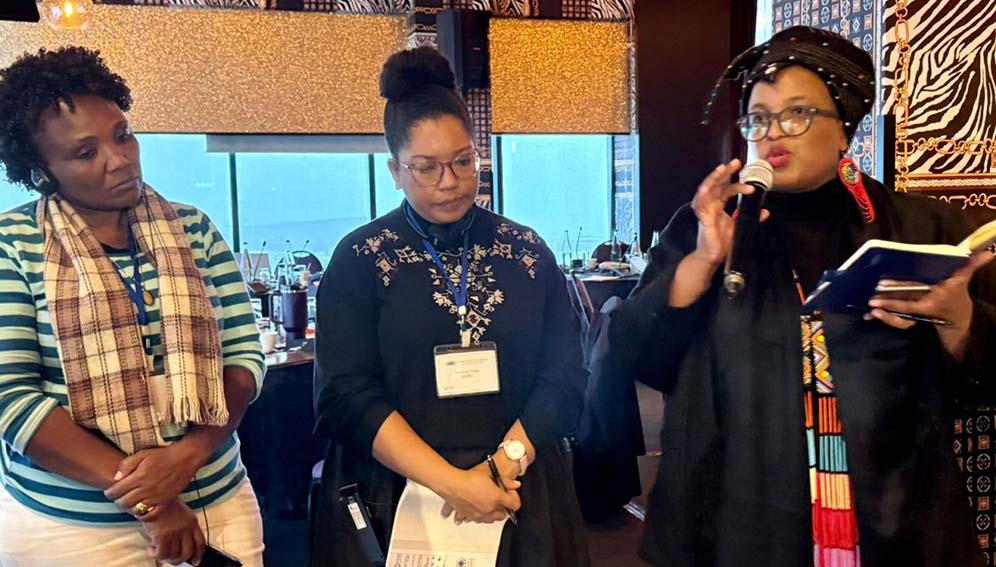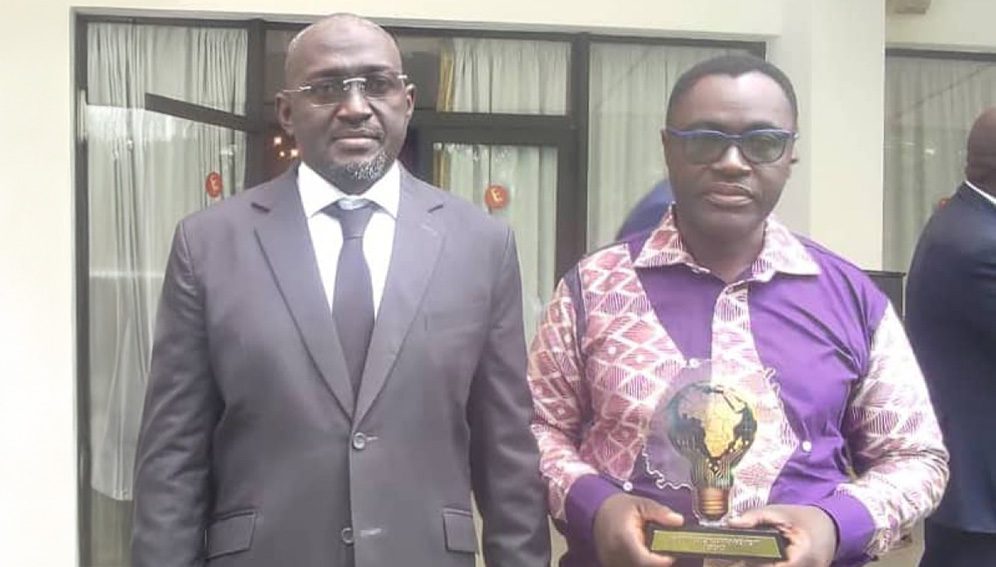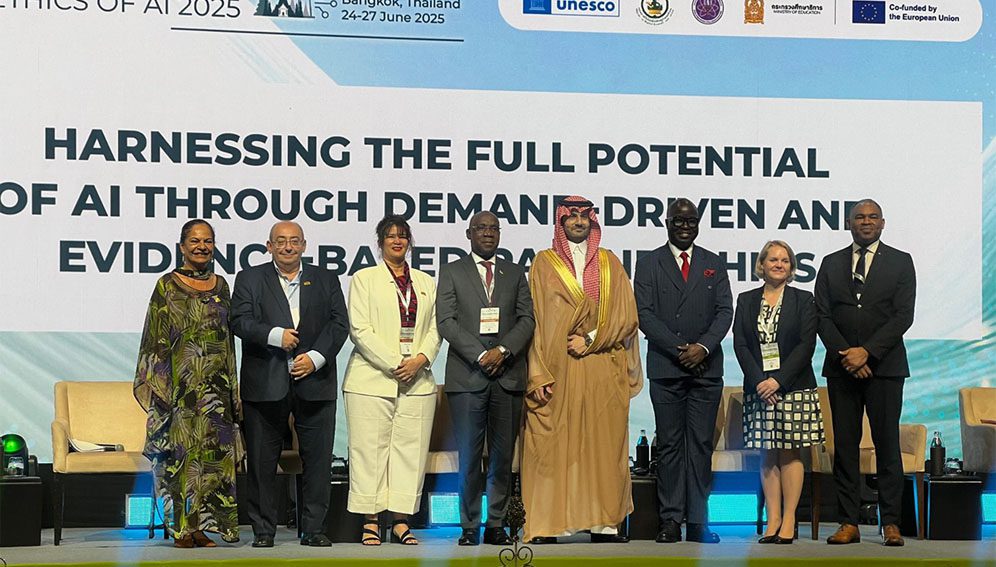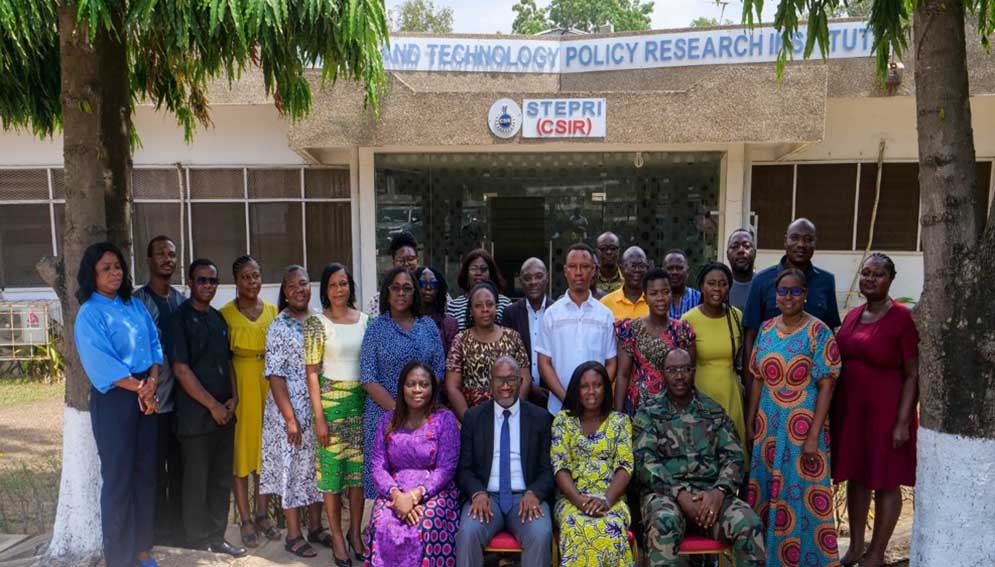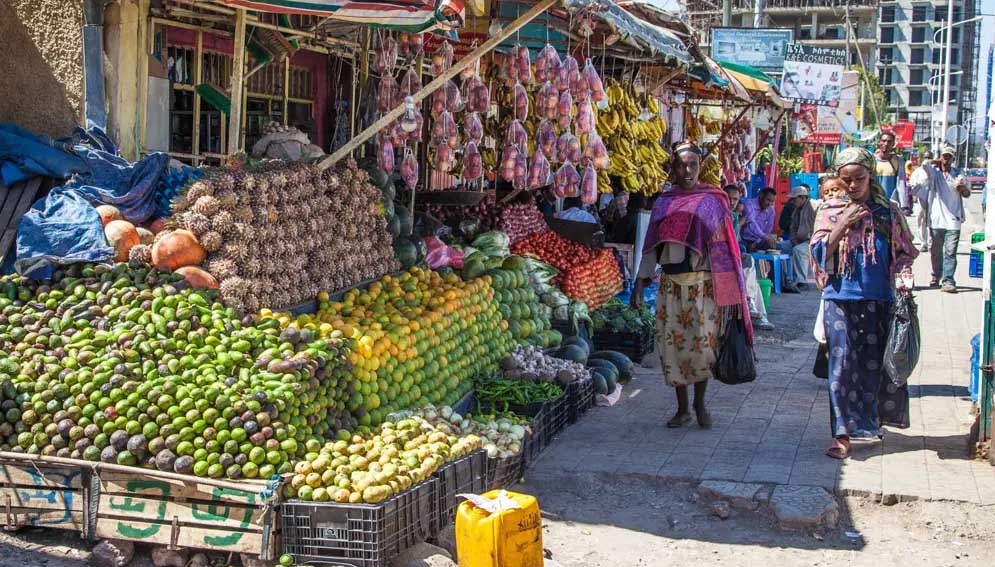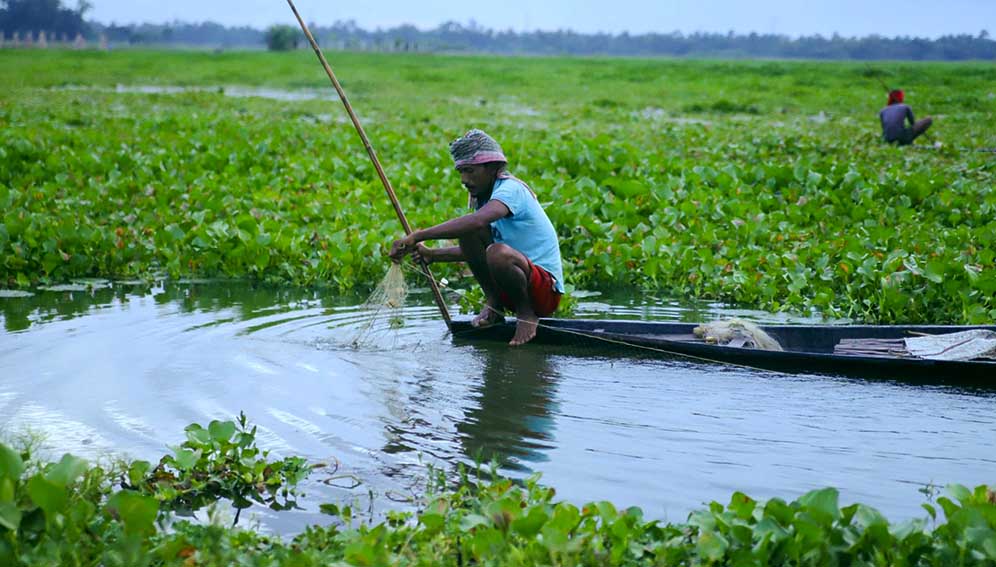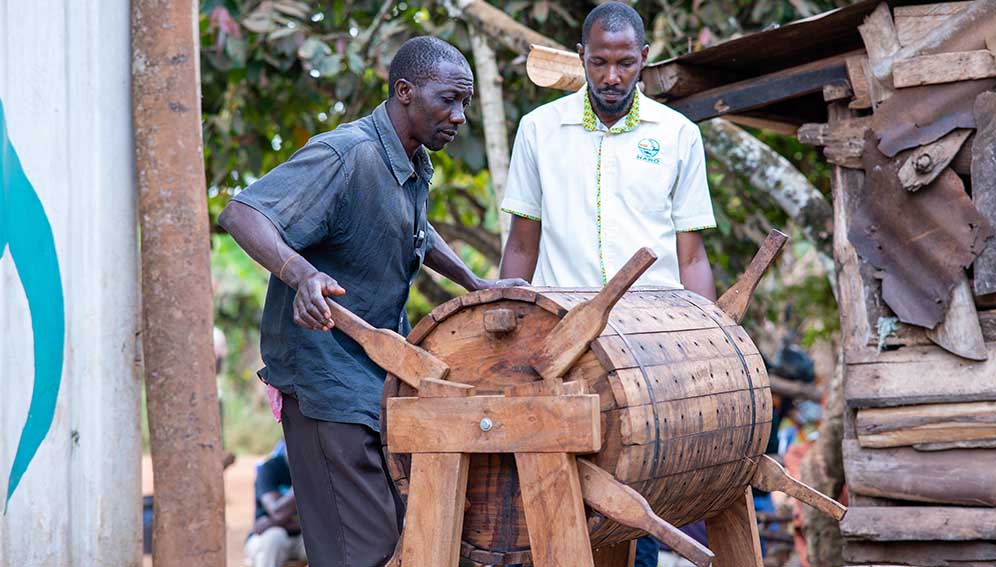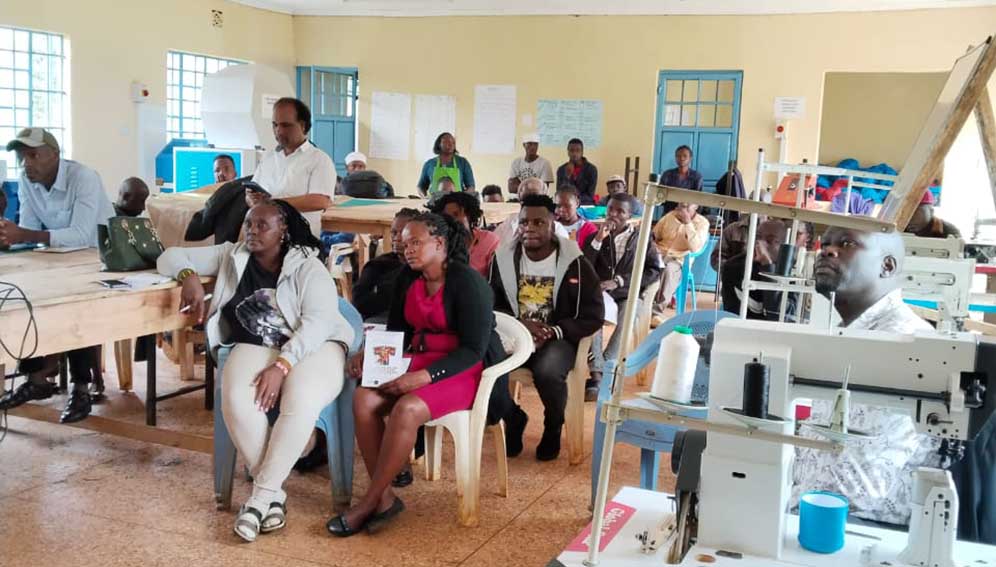Posts by Davis Weddi
NRF Kenya leads first-ever national master-plan for research funding
The National Research Fund (NRF) Kenya is leading the development of the country’s first-ever Masterplan for research funding. The Masterplan is a strategic step toward transforming Kenya’s research landscape. Backed by strong government support and international partnerships, the Masterplan aims to align national research investments with Kenya’s development priorities, unlocking the full potential of science,…
Read MoreTETFund, Innov8 Hub showcase innovations at research demo day
The Tertiary Education Trust Fund (TETFund) and Innov8 Hub have concluded the Science Granting Councils Initiative (SGCI) Demo Day, an event that highlighted Nigeria’s growing capacity to transform academic research into market-ready solutions. TETFund, Nigeria’s representative council for SGCI, partnered with Innov8 Hub to support researchers through comprehensive capacity-building to create an environment where innovation…
Read MoreHSRC pushes for inclusive research systems at SGCI gender summit
The Human Sciences Research Council (HSRC) hosts the Science Granting Councils Initiative (SGCI) Gender Equality and Inclusion (GEI) learning summit and calls for a more inclusive research landscape. The event marked the culmination of a three-year project aimed at embedding gender equity and inclusivity into funding practices across 13 African countries. The summit, which took…
Read MoreSGCI-funded research wins science prize in Côte d’Ivoire
A Science Granting Councils Initiative (SGCI) funded research has earned national recognition in Côte d’Ivoire. The winner, Rodrigue Adjoumani Kouakou, is the assistant professor of chemistry, physics, and process engineering at the Training and Research Unit for Fundamental and Applied Sciences (UFR SFA) of Nangui Abrogoua University (Abidjan). He received the SGCI funding through The…
Read MoreNamibia takes lead on ethical AI
As artificial intelligence (AI) continues to shape the global landscape, Namibia is positioning itself as a continental frontrunner in building ethical, inclusive, and well-governed AI systems. A key milestone was the official launch of the Namibian AI Readiness Assessment Methodology (RAM) report presented by the National Commission on Research, Science and Technology (NCRST), at the…
Read MoreA gender project is bridging gaps in research and evaluation in Ghana
Ghana is addressing critical issues in the country’s research landscape by bridging gender gaps in research and evaluation through a gender project. The Ghana Ministry of Environment, Science and Technology, a Science Granting Council is leading the gender project called EQUISTEM. The EQUISTEM project tackles particular issues that are highly relevant to the local context…
Read MoreUnlocking stronger food systems with African research
[SciDevNet] The 2025 Global Food Policy Report warns that the world could be heading toward another major food crisis. For Africa, the warning is especially urgent. Across the continent, food systems are under pressure from climate change, economic shocks, and political instability. These overlapping challenges are making it harder for governments to respond to rising…
Read MoreInvasive lake weed turned to clean energy in Ethiopia
[ADDIS ABABA, SciDevNet] For years, Fentie Wabi worked as a fisherman on Ethiopia’s Lake Tana, until an aggressive green invader changed everything. Water hyacinth, a fast-spreading aquatic weed, began choking the lake that had sustained his community. “As the weed expanded, we couldn’t ride our boats. It damaged our nets, and we couldn’t fish in…
Read MoreCocoa fermenting box reaps rewards for Uganda’s farmers
[KAMPALA, SciDev.Net] In Kasawo, north of Kampala, cocoa farmer Abubaker Kisekka no longer climbs atop towering wooden boxes to tend his beans. A locally-made innovation for fermenting cocoa beans has replaced the laborious routine of manually transferring them between multiple containers every 48 hours. “Our cocoa now is bought as premium when we sell directly…
Read MoreLeather training project doubles artisan profits in Kenya
[NAIROBI] Erastus Kagume, a young leather artisan from Nyandarua County in Kenya, relied on poor-quality leather from brokers to make school shoes, an issue that hurt his business and reputation. “My customers would come back complaining about the shoes soon after they purchased them,” Kagume said. That changed when he joined a training programme to…
Read More
